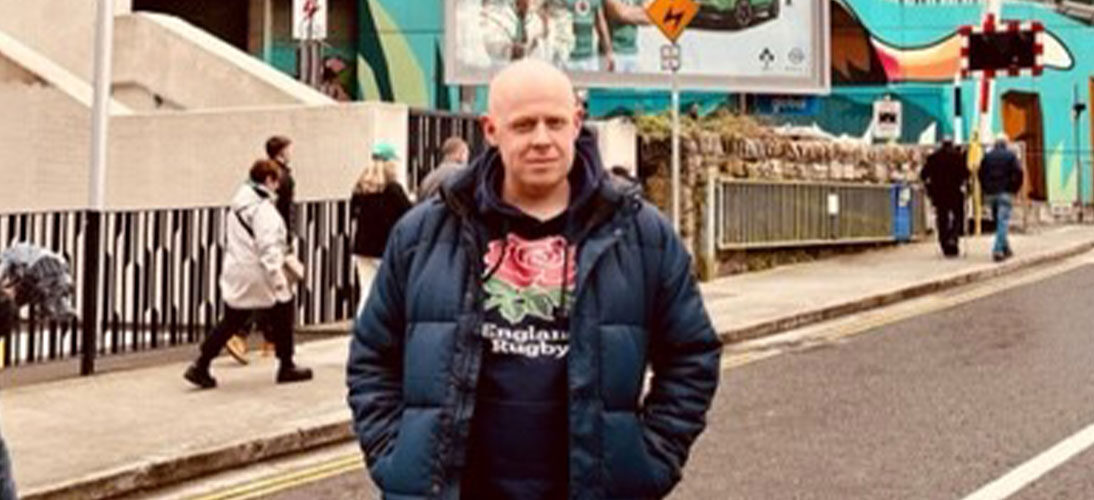Why we fly
David W’s Story
"It’s a great service that everybody takes for granted until they need it. People assume it is adequately funded from taxes and nobody really understands how much each lifesaving helicopter flight costs.”
A few months after cycling the length of Wales – and previously having completed the London Marathon twice and cycled from John O’Groats to Land’s End – super fit Dave Whitehouse had a cardiac arrest after playing a round of golf.
Unbeknown to him, at the time he had a heart condition – since diagnosed as Sudden Arrhythmic Death Syndrome (SADS) – which can often be fatal.
But thanks to the immediate action of two off-duty nurses who saw him collapse in the car park at The Belfry in Sutton Coldfield and the speedy response of Warwickshire & Northamptonshire Air Ambulance (WNAA) and West Midlands Ambulance Service, Dave survived.
“My life was saved against all the odds,” he says.
Dave has now been fitted with an implantable cardioverter-defibrillator (ICD) to regulate his heart rhythm and three years after his cardiac arrest he is cycling ten miles a week, going to the gym and planning a sponsored golf challenge to raise funds for the local air ambulance charity he credits with helping save his life.
“It’s a great service that everybody takes for granted until they need it. People assume it is adequately funded from taxes and nobody really understands how much each lifesaving helicopter flight costs,” he says.
Dave (37) started to feel unwell on the 15th tee during a game of golf in July 2018. He remembers taking his golf clubs back to his car afterwards and then nothing until he was in Heartlands Hospital, Birmingham.
“Apparently, when I collapsed, I lost consciousness for 15 minutes. My wife was told not to expect a positive outcome but amazingly I made a full recovery. I feel incredibly lucky to be alive,” he says.
Two nurses, who were on a break from a conference being held at The Belfry, saw Dave collapse in the car park and went to help him immediately.
He was given CPR and the defibrillator kept on site at the golf course was used on him.
The emergency services were called, and a land ambulance and Warwickshire & Northamptonshire Air Ambulance attended the scene.
It took just eight minutes for the helicopter to fly there from the air ambulance base at Coventry Airport.
On arrival the critical care crew worked with land ambulance colleagues to resuscitate Dave and restart his heart. He was given medication and attached to a LUCAS chest compression device.
Once Dave’s condition was stabilised, he was taken by land ambulance to the nearest specialist coronary care centre at Heartlands Hospital accompanied by the air ambulance critical care doctor. He arrived there just 48 minutes after the 999 call for help was received.
What happened to Dave is a classic example of how the series of actions known as the ‘’chain of survival’’ all work to help improve the chances of survival for people who suffer an out-of-hospital sudden cardiac arrest. The bystanders who started CPR and used the golf club’s defibrillator on Dave began the key first links in the chain and gave him the best chance of survival until the emergency services got to him to take over his treatment continuing the next links of the chain.
“We need to make sure that the service, which is operated by a charity, is supported so it’s there when people need it, like it was for me,” he says.


